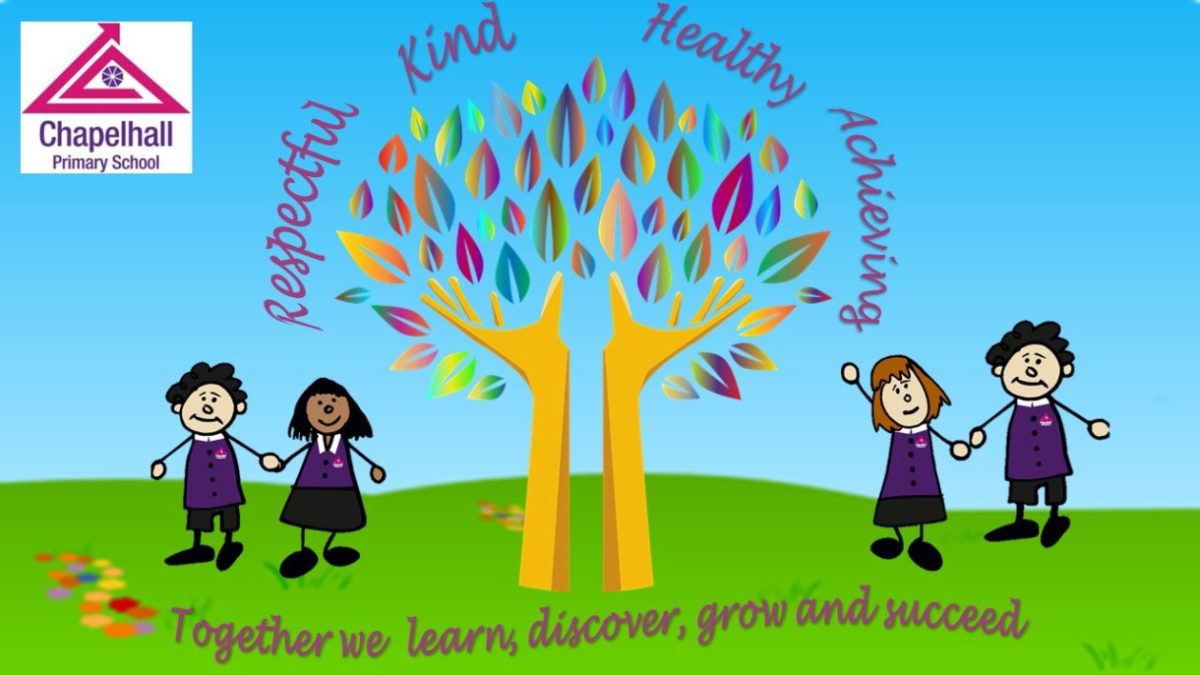|
Within Curriculum for Excellence, the technologies curriculum area relates particularly to contexts that provide scope for developing technological skills, knowledge, understanding and attributes through creative, practical and work-related activities. For this reason, the framework provides experiences and outcomes which can be applied in business, computing science, food, textiles, craft, design, engineering, graphics and applied technologies. These experiences and outcomes offer a rich context for the development of all of the four capacities and for developing the life skills that are recognised as being important for success in the world of work. They also offer an excellent platform for a range of technology-related careers.
The technologies framework offers challenging activities which involve research, problem solving, exploration of new and unfamiliar concepts, skills and materials, and the rewarding learning which often results from creating products which have real applications. It provides progression in cognitive skills. Children and young people will develop their creativity and entrepreneurial skills and be encouraged to become innovative and critical designers of the future. These attributes are essential if, in the future, our children and young people are to play a major part in the global economy and embrace technological developments in the 21st century.
What are the main purposes of learning in the technologies?
Learning in the technologies enables children and young people to be informed, skilled, thoughtful, adaptable and enterprising citizens, and to:
|
|
|
In Chapelhall Primary School, we incorporate technology into topics wherever possible. We teach I.C.T. skills each week using the North Lanarkshire Programme to ensure continuity and balance. Skills learned are incorporated into many curricular areas and computers are used regularly to reinforce teaching and to assist with research.
We are currently developing access to GLOW, the National Intranet site, which will provide children with the ability to communicate with other schools and to record their own learning and progress. Further information can be found on the Glow website here.
|
Skip to content
Chapelhall Primary School Blog
Together we learn, discover, grow and succeed.

